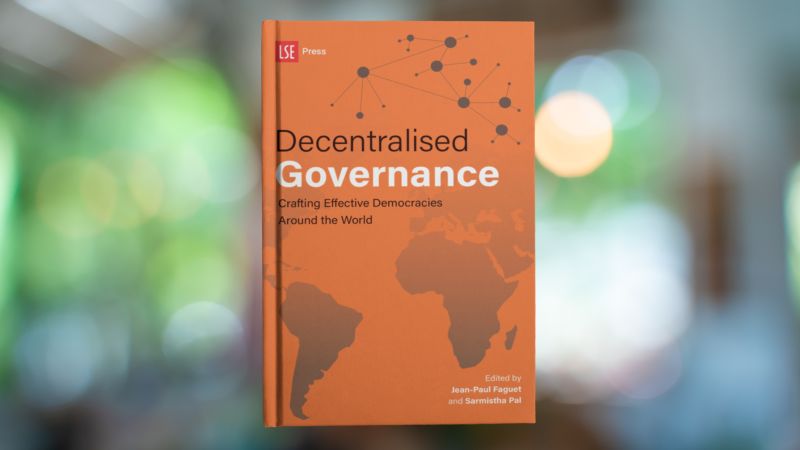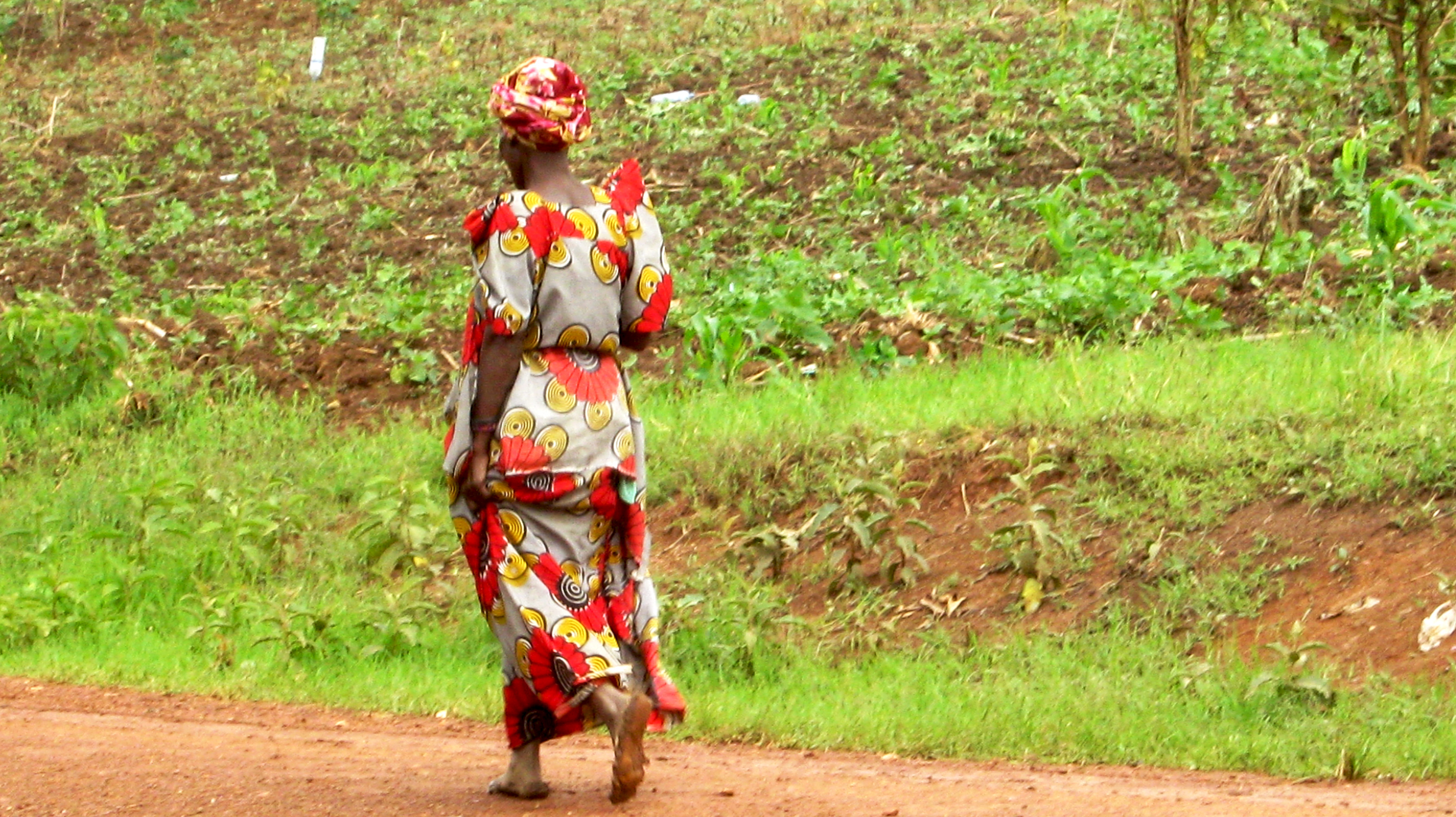
Professor Tim Forsyth discusses Elinor Ostrom’s legacy in the latest issue of Development and Change. Read the full article here.
Elinor Ostrom had a profound impact on development studies through her work on public choice, institutionalism and the commons. In 2009, she became the first — and so far, only — woman to win a Nobel Prize for Economics (a prize shared with Oliver Williamson). Moreover, she won this award as a political scientist, which caused controversy among some economists. She committed her professional life to expanding traditional economic thinking beyond questions of individualistic rational behaviour towards a greater understanding of self-regulating cooperative action within public policy. In particular, she organized the University of Indiana’s Workshop in Political Theory and Policy Analysis with her husband, Vincent Ostrom, and the International Association for the Study of the Commons (IASC). She also earned the reputation of a loyal and caring colleague and mentor. She donated much money to the University of Indiana, including her Nobel Prize money.
The purpose of this article is to identify and discuss Elinor Ostrom’s legacy in international development. Rather than being a simple obituary, this article also seeks to review the tensions arising from her work, especially concerning the debate about institutions and the commons, and particularly Ostrom’s own focus on rational choice theory and methodological individualism as a means of understanding cooperative behaviour.
Read this article in full at Development and Change, Volume 45, Issue 5, pages 1093–1110, September 2014.





